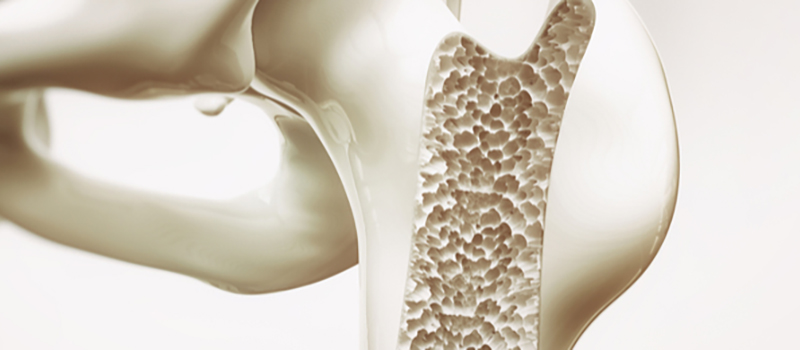
Wait, we have a special
offer for you!
Click the button below to get your discount.
Get my coupon now No thanks, I'd like to pay full price

Osteopenia is a widely diagnosed condition for men and women. It is caused over time with age and is defined as the middle point between osteoporosis and healthy bones. Bone density starts to decline as people get older. Declining bone density could lead to osteoporosis, which means not everyone with osteopenia will get osteoporosis. Osteopenia has no symptoms although your chance of bones breaking does increase.
Can Osteopenia be Reversed?
Osteopenia can be diagnosed from calculating a person’s T-score which determines the level of bone density they have. If your average bone density score by age 30 is -1 and -2.5 then you are classified as having osteopenia. Does this mean that everyone is destined to have osteopenia? Can osteopenia be reversed?
Carbonated drinks may prevent calcium absorption through excess amount of phosphorous. There are also studies that suggest that caffeine may interfere with calcium build-up.
If you have troubles cutting out the soda, try non-cola version like Mountain Dew or Sprite. You could also be sure to drink milk or fortified juice to compensate for the calcium loss.
By switching to these alternatives, you can help your chances of reversing osteopenia.
Too much protein causes an increased amount of acidity in the body which cause’s calcium loss in urine. The recommended limit is 2-4 ounces of protein, three times a day.
Reduce the amount of protein intake per day or take drink milk or fortified calcium products with your meal. This will help improve bone density and contribute to the question of how to prevent osteoporosis.
Using antacid drugs impacts the ability for your stomach to absorb minerals such as calcium, magnesium, and zinc. Blocking stomach acid significantly increases the risk of osteoporosis.
These medications are good when they are used for their intended time frame. Using them for years will continue to reduce your calcium intake. Eating foods that do not give you heartburn will ultimately help you in the long-run.
We all know that drinking our milk and making sure we get enough calcium is important but taking too much calcium or not the right type will impact your calcium intake. Taking more than 500 mg is typically the most your body can absorb at one time and 1000-1200 mg per day for women during menopause. Too much calcium will cause constipation and affect your ability to absorb zinc and iron.
Increased insulin levels and cause an increase in osteoporosis. A diet with a low glycemic index does not raise blood sugar or insulin levels quickly. The diet includes lean proteins, beans, vegetables, and good fats (nuts, olives, olive oil, fish, fish oils, avocados).
Increasing fiber intake is an easy way to lower sugar and insulin levels. Fiber taken just before meals helps to slow down the absorption of sugars and fats, and can help lower cholesterol and blood sugar levels, as much as medication.
Getting at least 15-30 minutes of exercise is always important to get. It is very good for improving bone density. Any exercise that causes muscles to pull against the bone stimulates the bone and increases its density.
In case you are currently dealing with Osteoporosis or Osteopenia and are in need of a medical solution than Canpharm carries a variety of prescription drugs that can promote bone density. Fosamax, Fosamax Plus, and various drugs are readily available.
So in answering the question of: can Osteopenia be reversed?, it can be managed and your chances of having it can be lessened. Living an active lifestyle with a balance of the right type of calcium will greatly increase your bone density so that when you do start getting older you can be in a better position to protect yourself.